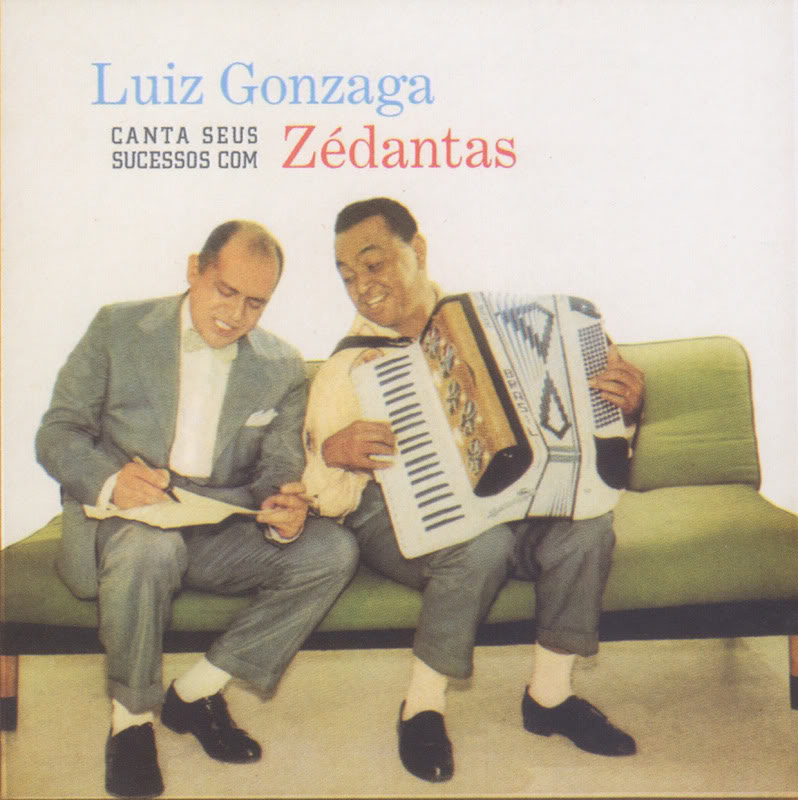Ary Lobo – Poeira de Ritmos (1963)
Ary LoboPoeira de Ritmos (1963)RCA Victor LP – BBL 1236Reissue on Coleção “Essential Classics” (BMG, 2004) O forrozeiro de raiz Ary Lobo (1930-1980) nos mostra em seu sexto LP na RCA, de 1963, um caldeirão… Ary Lobo – Poeira de Ritmos (1963)





